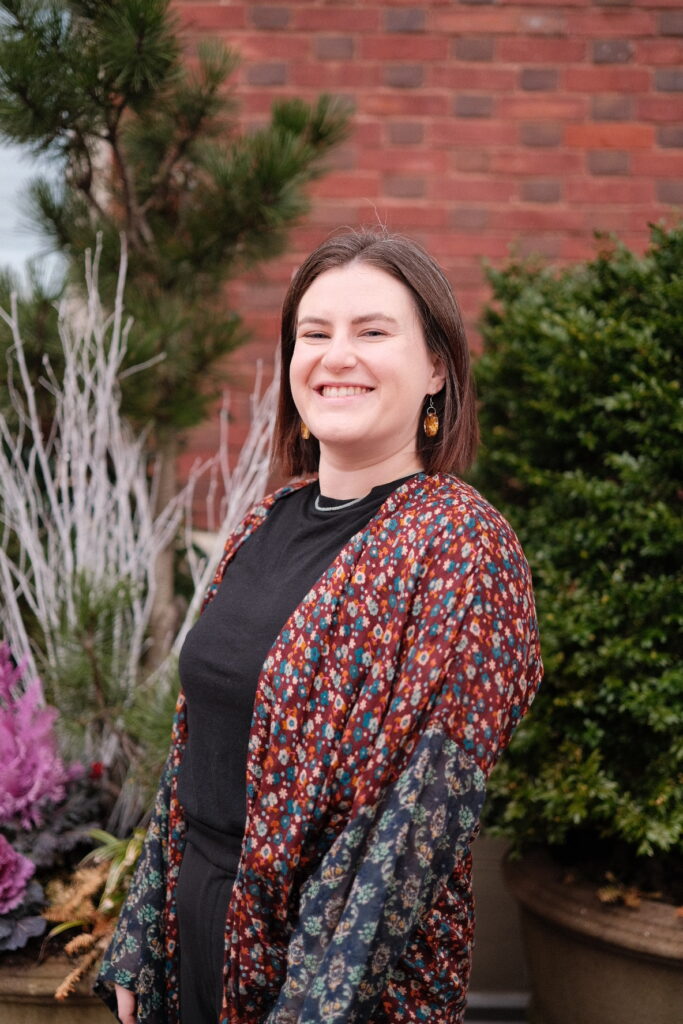
DEAR ASK A THERAPIST: I am a sperm donor. I donated specifically for a woman friend. I have never met the children who were conceived using my sperm. The children are now 10 and 13 years old. Their mother thinks they might benefit from meeting me. I am willing, but my time availability is quite limited (I have my own family), and I worry about the impact of such a meeting on the two children. Where can I get solid counseling to help determine if such a meeting is a good idea for the children? — SPERM DONOR
DEAR SPERM DONOR:
Thanks so much for this question. Making the decision to meet these children is a big one, and you’re off to the right start in thinking critically about how you can and want to show up in their lives.
While each situation is different, you made a commitment in donating your sperm/DNA, and these children will continue to grow and ask questions. Having some degree of communication with them will allow for questions to be answered as they arise rather than building until a future meeting point. Meeting them now and establishing your role in their life, whatever that might be, can remove ambiguity from their experience (and yours).
Before meeting these children, I would recommend speaking further with their mom to understand how they have been talking about you as the donor thus far. What questions are they asking? Have they asked to meet you, and if so, for any particular reasons? If not, what is informing mom’s feeling that now is a good time to meet? What expectations do the children have at this point?
In addition to understanding what the children’s questions and expectations are, now is a great time to consider yours as well. What role did you imagine you may have in their lives? What are you open to? Would you be open to meeting annually, less often, or more often? Would you be open to the children having your contact information, or maintaining communication through their mom for the time being? Would you be open to them meeting your children? Do your children know about them? Having an open conversation about your concerns and boundaries with both their mom and your partner may allow for increased ease and support as you navigate these relationships for the first time.
While they’re young, you and the adults in their life have the opportunity to steer and direct this process. If there aren’t boundaries and relationships established as the children enter adulthood, there can be more opportunity for miscommunication and disappointment. While it may be daunting, it can also be rewarding and fun to have a relationship with biological offspring with whom you are not in the role of parent. Keep in mind that there is so much potential for this to go well!
If you continue to sit with uncertainty, and additional conversations with your support system do not decrease your concern, meeting with a therapist versed in this area may be helpful to support you in moving forward intentionally and with care. Further, if your children are not aware that you are a donor, counseling may be helpful to navigate the process of disclosure so that this can be a positive addition to their lives as well.
Stay curious!

Haydn Hornstein-Platt, LCSW, is a donor conceived, licensed clinical social worker practicing in Philadelphia. She has spoken publicly on donor conception and biopsychosocial factors in various settings including the Philadelphia Family Pride Family Matters Conference and the Jefferson Infertility Counseling Conference. Haydn is an active member of the USDCC Mental Health Professionals Committee.
Do you have a question for Ask a Therapist? Anonymously submit your question here. Questions may be edited for length and clarity prior to publication.
Top Image by Lukas Blazek via Unsplash
